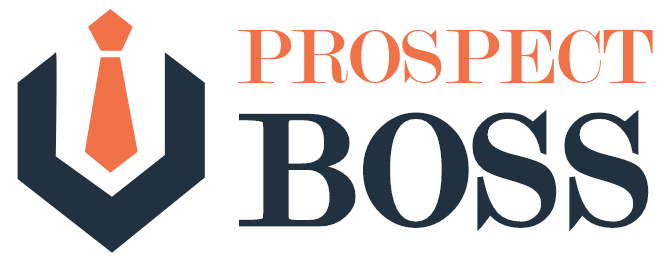1. Needs Assessment:
- Identify the specific needs and goals your organization aims to achieve with ProspectBoss CRM.
- Understand the current workflows and pain points that the CRM can address.
2. Create a Training Plan:
- Develop a comprehensive training plan that caters to different user roles and levels of proficiency.
- Consider organizing training sessions for administrators, sales teams, and other relevant departments.
3. User Personas:
- Identify different user personas and tailor training materials to their specific roles and responsibilities.
- For example, sales teams might focus on lead management, while administrators may need to understand customization and system settings.
4. Interactive Training Sessions:
- Conduct hands-on, interactive training sessions to allow users to explore the CRM interface.
- Use real-world scenarios and examples to make the training relevant to daily tasks.
5. Online Resources:
- Provide online resources such as video tutorials, user guides, and FAQs for ongoing support.
- Consider hosting webinars or creating an internal knowledge base to facilitate continuous learning.
6. Peer-to-Peer Learning:
- Encourage peer-to-peer learning by designating power users or champions within each team.
- Foster a collaborative environment where users can share tips and tricks.
7. Customization and Configuration:
- Teach administrators how to customize and configure the CRM according to the organization's specific needs.
- Ensure that users understand how to set up workflows, fields, and reports.
8. Feedback Mechanism:
- Establish a feedback mechanism to understand user concerns and challenges.
- Use feedback to refine training materials and address common issues.
9. Incentives and Recognition:
- Create incentives or recognition programs for users who excel in CRM adoption.
- Recognize and celebrate achievements related to effective CRM usage.
10. Integration with Daily Workflows:
- Emphasize how ProspectBoss CRM integrates seamlessly with existing workflows.
- Showcase the time-saving and efficiency benefits to motivate users.
11. Continuous Support:
- Offer ongoing support through a dedicated helpdesk, user forums, or support tickets.
- Ensure that users have access to assistance whenever they encounter challenges.
12. Regular Check-ins:
- Conduct regular check-ins to assess user satisfaction and identify areas for improvement.
- Use these check-ins to reinforce training concepts and address any emerging issues.
13. Data Security and Compliance Training:
- Educate users on the importance of data security and compliance within the CRM system.
- Ensure that users understand best practices for data entry, storage, and access.
14. Measuring Success:
- Define key performance indicators (KPIs) to measure the success of CRM adoption.
- Track metrics such as user engagement, data accuracy, and overall productivity.
By implementing a well-rounded training and adoption strategy, you can maximize the benefits of ProspectBoss CRM and empower your team to use it effectively in their daily operations.
